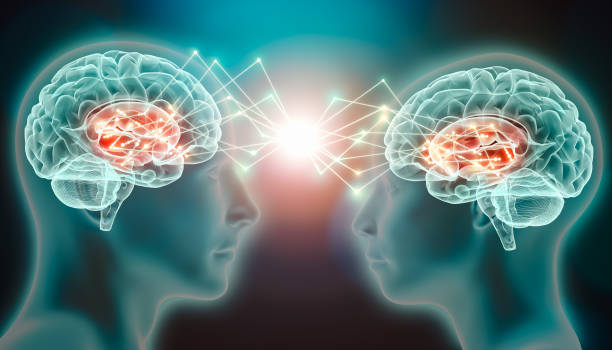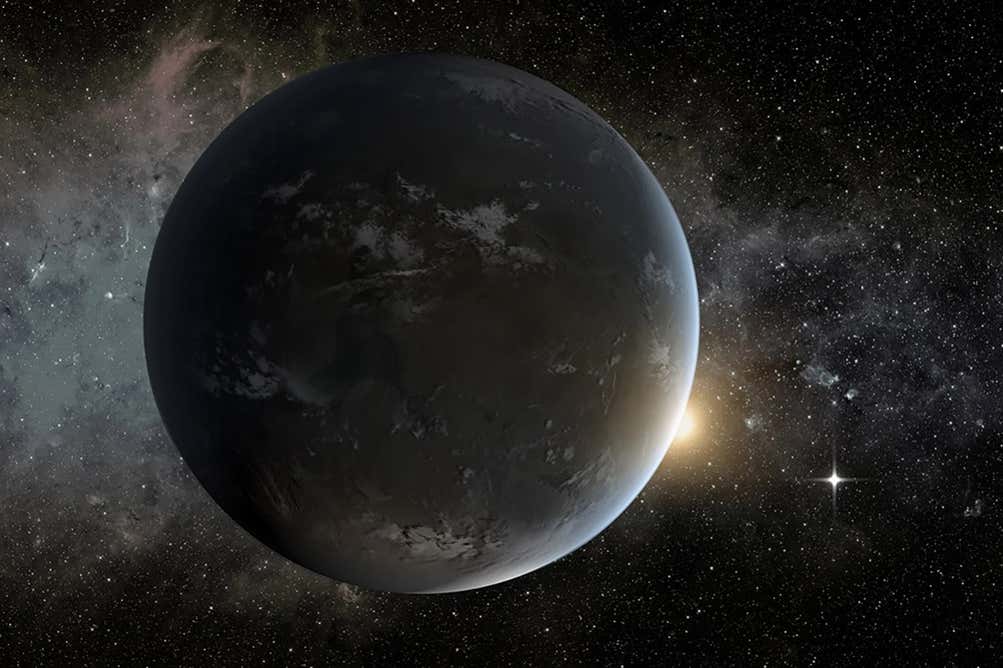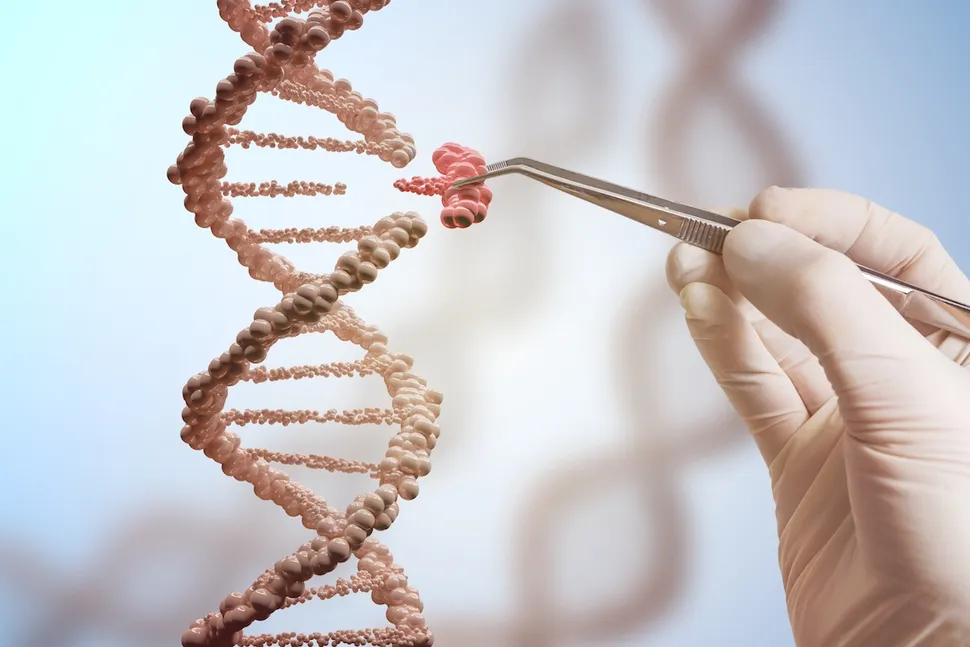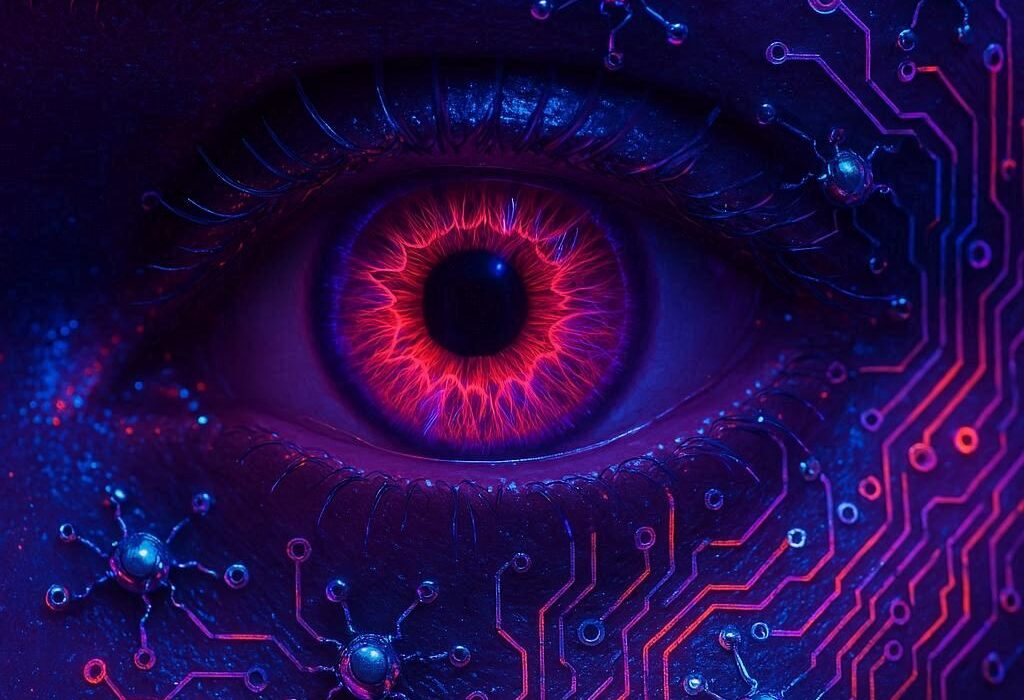Science has always been a driving force in shaping the course of human history. From the discovery of fire to the advent of modern medicine, scientific breakthroughs have continuously reshaped societies, altered the trajectory of civilizations, and opened doors to a future once thought impossible. But as we stand on the precipice of even more radical advancements, the future of science promises to deliver unexpected, awe-inspiring changes to the fabric of history. What will these changes look like? How could the discoveries of tomorrow revolutionize our understanding of life, the universe, and everything in between? While no one can predict the exact course of the future, there are certain scientific advancements that hold the potential to dramatically change history in surprising ways.
In this exploration, we’ll take a journey through some of the most groundbreaking scientific developments on the horizon, ones that could revolutionize everything from human biology to space exploration, and even our most basic understanding of reality. These discoveries are not just theoretical musings of scientists—they’re real possibilities that, with the right breakthroughs, could become reality in the coming decades, transforming not only our daily lives but the entire trajectory of human civilization.
The Dawn of Artificial Intelligence and Its Surprising Impacts on Humanity
Artificial intelligence (AI) has already begun to change the way we live. From personal assistants like Siri and Alexa to more advanced applications in medical diagnosis and autonomous vehicles, AI is steadily becoming a part of everyday life. But the most profound impact of AI may lie in the future, when we reach the threshold of artificial general intelligence (AGI)—machines that can perform any intellectual task that a human can do. While this might seem like a distant dream, rapid advancements in machine learning and computational power are pushing us closer to this reality every day.
Imagine a world where AGI systems collaborate with humans to solve complex global problems, such as climate change, poverty, and disease. These intelligent machines could process vast amounts of data, find solutions in ways humans can’t yet conceive, and make decisions that are devoid of human bias. However, this new partnership could also lead to some difficult questions about the role of humans in a world dominated by machines. Could AI replace human workers in many sectors, or even take over entire industries? The social, economic, and political impacts of AGI are staggering, and history could be reshaped by how we choose to integrate these technologies into our society.
Even more surprising is the possibility of AI helping humans transcend their biological limitations. In the coming decades, we may see the integration of AI with human cognition—creating a fusion between human intelligence and machine learning. The idea of “uploading” human consciousness into an artificial platform has long been the stuff of science fiction, but rapid advancements in neuroscience and AI could make this a reality sooner than we think. If successful, this could alter the very nature of existence, potentially leading to a future where human consciousness exists independently of the biological body.
Genetic Engineering: A Revolution in Human Evolution
For centuries, humanity has been constrained by its biological makeup. We are the products of millions of years of evolution, and while our brains and bodies have allowed us to dominate the Earth, they are far from perfect. But with the rise of genetic engineering, science is offering humanity an unprecedented opportunity to rewrite the very code of life itself.
One of the most exciting and potentially surprising ways science could change history is through the development of gene editing technologies like CRISPR-Cas9. This technology, which allows scientists to make precise edits to the DNA of living organisms, holds the power to cure genetic diseases, enhance physical abilities, and even create new forms of life. In the near future, it’s possible that genetic disorders that once plagued entire families—such as cystic fibrosis or sickle cell anemia—could be eradicated in a single generation.
Beyond disease, gene editing also holds the potential to enhance human traits, such as intelligence, physical strength, and even lifespan. While such applications raise profound ethical questions about “designer babies” and the potential for inequality, they also present the possibility of human evolution moving at a pace far faster than the natural process. Imagine a future where genetic engineering has unlocked the ability to eliminate hereditary diseases, enhance human capabilities, and extend life well beyond what we currently think is possible.
On a broader scale, gene editing could also lead to the creation of entirely new forms of life—new species that could be designed to serve specific roles in agriculture, medicine, or even environmental conservation. These bioengineered organisms could be key to solving some of humanity’s most pressing challenges, from creating more resilient crops to addressing the depletion of biodiversity.
Quantum Computing: Unleashing Unimaginable Power
The world is currently in the midst of a computing revolution, and at the heart of this transformation lies quantum computing. Unlike classical computers, which use binary bits to process information, quantum computers use quantum bits, or qubits, which can exist in multiple states simultaneously. This unique property of quantum systems allows quantum computers to solve certain problems exponentially faster than their classical counterparts.
While the technology is still in its early stages, quantum computers are poised to revolutionize fields like cryptography, drug discovery, artificial intelligence, and materials science. The ability to simulate complex molecular interactions at a level of precision far beyond the capabilities of traditional computers could lead to the discovery of new medications, materials, and energy solutions. But the most surprising impact of quantum computing could be its ability to solve problems that have previously been considered insurmountable, such as the unification of the fundamental forces of nature or the simulation of entire universes.
One of the most fascinating possibilities is that quantum computing could help unlock the mysteries of the mind itself. Understanding how consciousness arises from the brain’s neural networks is one of the greatest challenges in science, but a quantum computer could model these processes in ways that are currently unimaginable. This could not only transform our understanding of human cognition but also lead to advances in artificial intelligence that could blur the line between human and machine consciousness.
Space Exploration: The Next Frontier for Humanity
Space exploration is a long-held dream of humanity, one that has already led to incredible milestones, such as landing on the Moon and sending probes to the farthest reaches of our solar system. But as we look toward the future, the possibilities for space exploration become even more mind-boggling. We could be on the verge of a new era in which humans become a multi-planetary species, colonizing Mars and beyond.
One of the most surprising ways science could change history is through the development of faster-than-light travel. While current physics suggests that nothing can travel faster than the speed of light, recent theories, such as the concept of a warp drive, suggest that it might be possible to bypass this limit by manipulating space-time itself. Such technology, if realized, could open up the entire universe to exploration, potentially allowing humans to travel to distant stars and even galaxies within a human lifetime.
In addition to faster-than-light travel, advancements in space habitats and life support systems could enable humans to establish colonies on other planets. The long-term survival of humanity may depend on our ability to spread out beyond Earth, especially as we face challenges like climate change and resource depletion. The surprising reality of space colonization could change history in ways we can’t yet fully comprehend—ushering in a new chapter in human existence, one that is not confined to Earth.
Harnessing Renewable Energy: The End of Fossil Fuels
As the world confronts the challenges of climate change and environmental degradation, science is stepping up to provide solutions. One of the most impactful ways science could change history is through the development of sustainable, renewable energy sources that completely replace fossil fuels. Solar power, wind energy, geothermal, and even nuclear fusion—these technologies hold the potential to provide unlimited, clean energy to power the world’s economies and societies.
Nuclear fusion, in particular, is a game-changing technology that could reshape history. Unlike nuclear fission, which splits atoms and produces radioactive waste, fusion combines atoms to release energy, much like the process that powers the Sun. If scientists can develop a practical and cost-effective fusion reactor, the world could have access to an inexhaustible and clean energy source, radically altering the way we live and work. Fusion could solve the energy crisis, reduce global dependence on fossil fuels, and mitigate the effects of climate change.
The widespread adoption of renewable energy could also lead to the transformation of geopolitics. With clean energy sources widely available, nations that currently hold power due to their control over oil and gas resources may lose their economic dominance. This could lead to a more equitable distribution of power on the global stage, where energy scarcity no longer drives conflict and inequality.
The Rise of Biotechnology and Human Enhancement
Biotechnology is another area of science that could profoundly change history in surprising ways. The potential to alter the human body through biotechnological advancements—whether through gene therapy, prosthetics, or even cybernetic enhancements—could redefine what it means to be human. As biotechnology continues to evolve, it’s possible that we will see the rise of enhanced humans, beings who possess capabilities far beyond the limits of natural biology.
Imagine a future where people can enhance their physical abilities, intellectual capacity, and even emotional resilience through biotechnological means. We may also see the development of “bioprinting,” where organs and tissues are grown in labs and used to replace damaged or diseased body parts. This could revolutionize healthcare, offering a future where organ rejection and transplant waiting lists are things of the past.
But the surprising element of biotechnology’s impact on history could come from its ability to blend the biological and technological worlds. The rise of cybernetic enhancements, such as brain-machine interfaces or augmented reality implants, could blur the line between human and machine, leading to a new kind of human existence that fuses biology and technology in ways that challenge our deepest assumptions about identity and consciousness.
Conclusion: A Future Unfolding Before Us
The future of science is one of infinite possibilities. The breakthroughs we are on the verge of could change the world in ways that are beyond our imagination. The advent of AI, the rise of quantum computing, the conquest of space, and the transformation of human biology will all play roles in reshaping the course of history. As we stand on the edge of these transformations, it is crucial to remember that these scientific advancements are not just abstract ideas—they are real, tangible possibilities that will alter the way we live, work, and understand our place in the universe.
The future is unfolding before us, and it is a future that holds the power to change history in ways that are both surprising and awe-inspiring. As we continue to push the boundaries of what is possible, one thing is certain: science will continue to be the force that propels humanity forward, shaping our destiny in ways that are both unforeseen and extraordinary.






